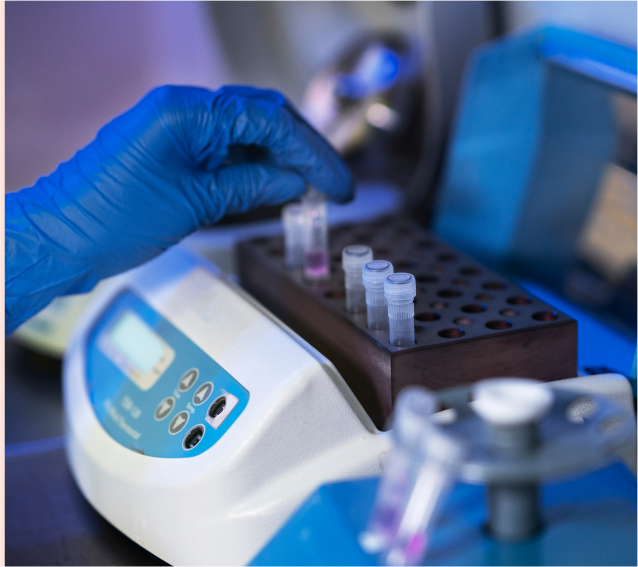-
-
mRNA Sequencing Analysis
-
Whole Transcriptome Analysis
-
Denovo Transcriptome Assembly And Analysis
-
Small RNA Sequence Analysis
-
-
-
Prokaryotic Transcriptome Analysis
-
Bacterial Denovo Transcriptome Assembly
-
mRNA Sequencing Analysis
mRNA sequencing (RNA-seq) enables both qualitative and quantitative analysis of messenger RNA (mRNA) molecules within a biological sample, offering a powerful tool for examining the cell transcriptome profile. It facilitates the study of gene expression, novel transcripts, alternative splicing, fusion genes, and more. At Stellar Genomics, we offer comprehensive bioinformatics solutions tailored to your mRNA projects, ensuring a thorough analysis and interpretation of your data.
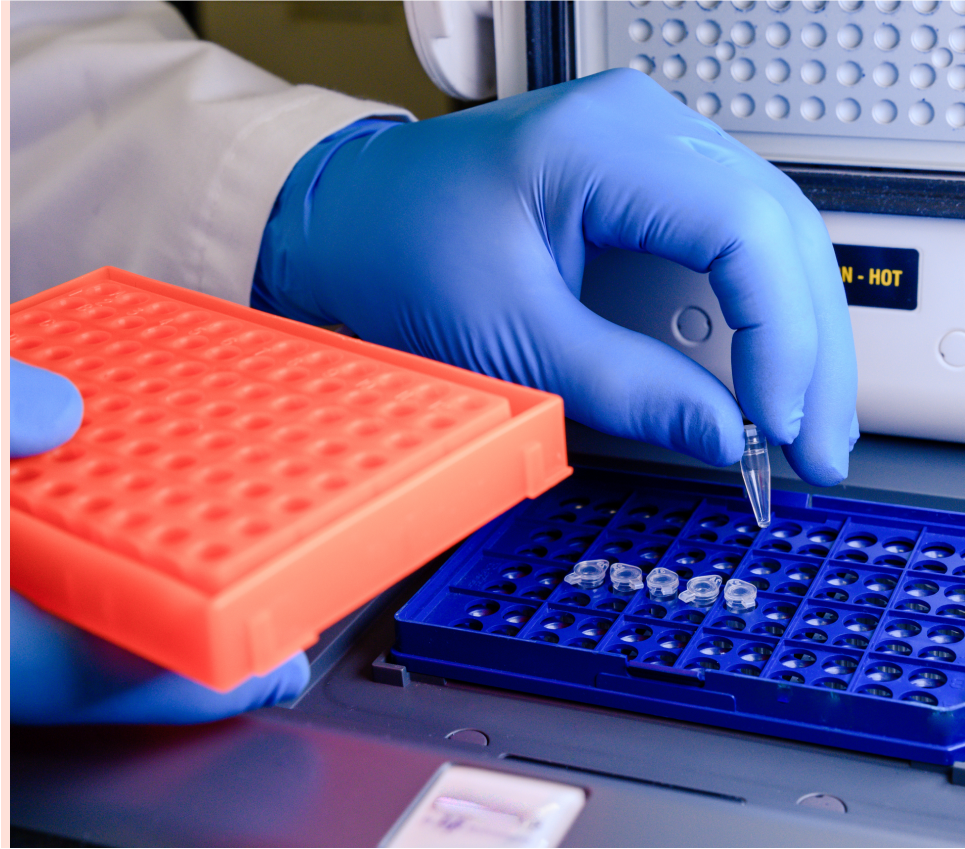
Whole Transcriptome Analysis
Whole transcriptome sequencing analysis involves the comprehensive analysis of all types of RNA transcripts, including both coding and non-coding RNAs, within a specific biological sample. It enables the quantification of gene expression heterogeneity across cells, tissues, conditions, and even temporal dynamics, enabling discovery-oriented research. At Stellar Genomics, we offer comprehensive bioinformatics solutions tailored to your whole transcriptome projects. Our expertise ensures a thorough analysis and interpretation of your data, empowering your research endeavors.

Denovo Transcriptome Assembly And Analysis
De novo transcriptome assembly and analysis enable the study of the transcriptome without relying on a reference genome. This approach enables the identification of expressed transcripts and compare their expressions across samples. It provides a comprehensive understanding of gene expression in a specific organism or tissue, even in the absence of a reference genome. At Stellar Genomics, we specialize in providing accurate de novo transcriptome assembly and analysis services to help you uncover valuable insights and drive impactful discoveries in transcriptomics.
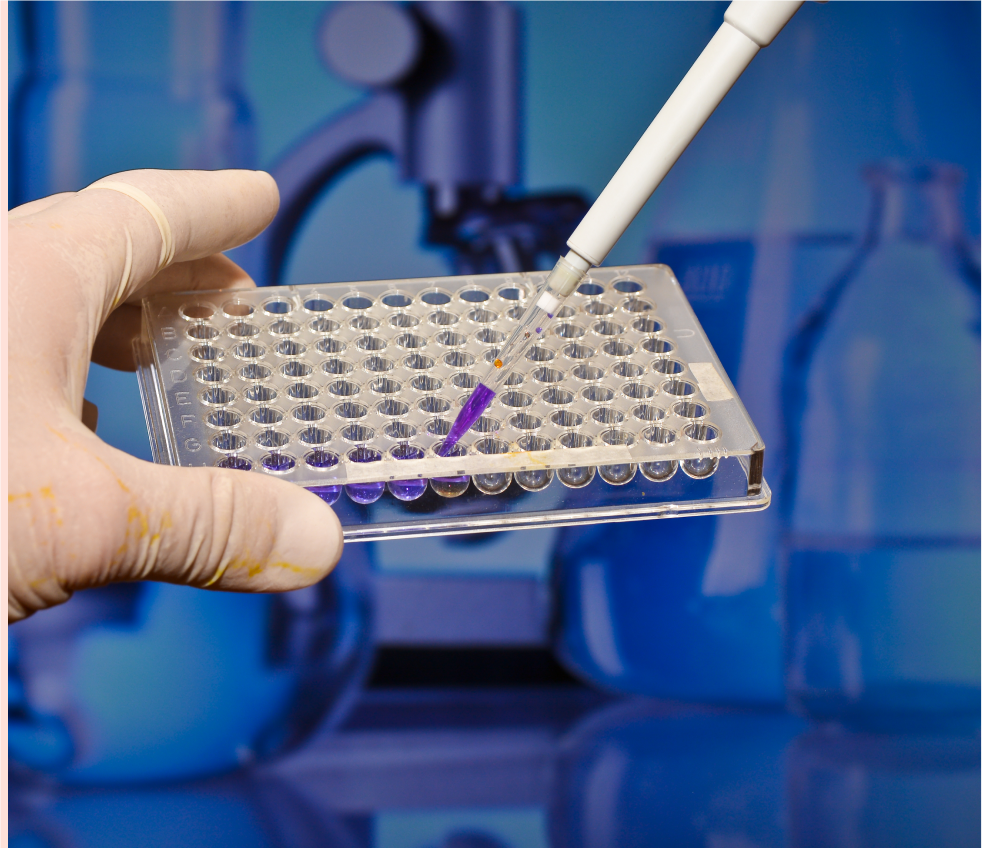
Small RNA Sequence Analysis
Small RNAs (sRNAs, 15-40nt in length) are small non-coding RNA molecules involved in the regulation of gene expression. sRNA sequencing enables in-depth analysis of microRNAs (miRNAs) and other sRNAs which includes differential expression of sRNAs, structural alterations, and novel sRNA predictions.
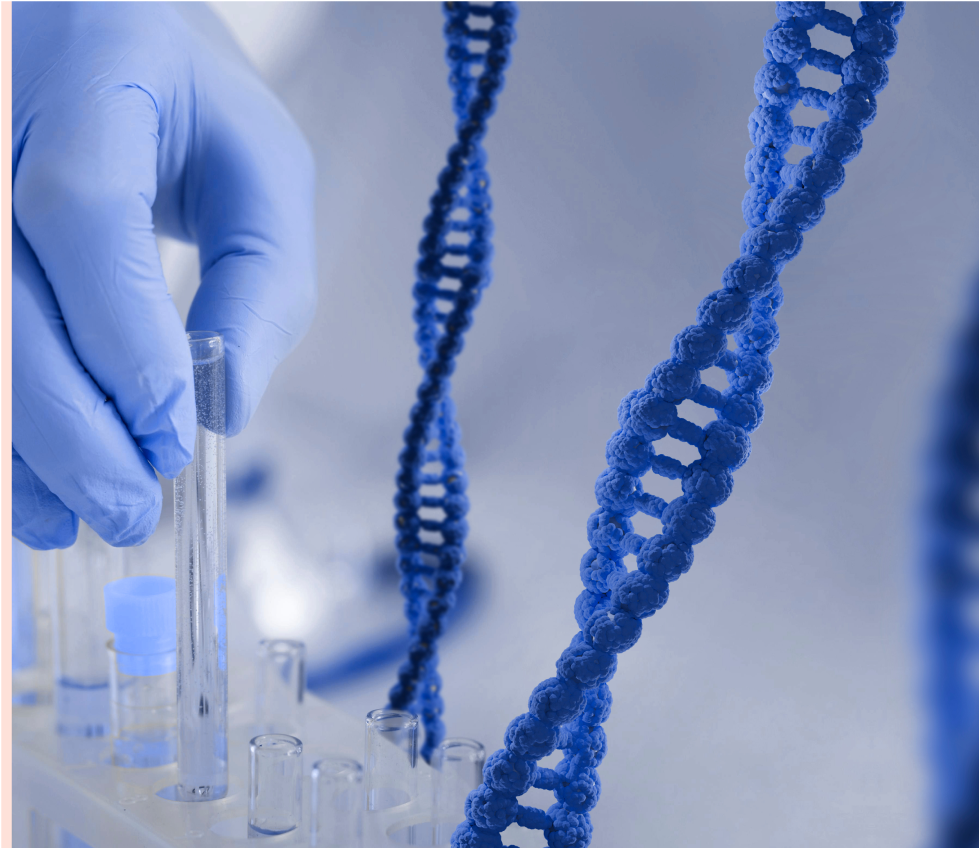
Prokaryotic Transcriptome Analysis
Gain insights into prokaryotic gene expression patterns and uncover novel transcriptomic features through RNA sequencing (RNA-seq). This powerful tool enables quantitative analysis of messenger RNA (mRNA) and other non-coding RNRA molecules within a biological sample, facilitating in-depth exploration of the prokaryotic transcriptome profile. At Stellar Genomics, we specialize in providing comprehensive bioinformatics solutions tailored to your prokaryotic transcriptome projects.

Bacterial Denovo Transcriptome Assembly
Explore the transcriptome of bacteria even without a reference genome through our advanced de novo assembly of RNA-seq data. This powerful approach enables the identification of both differentially expressed known transcripts and novel discoveries.
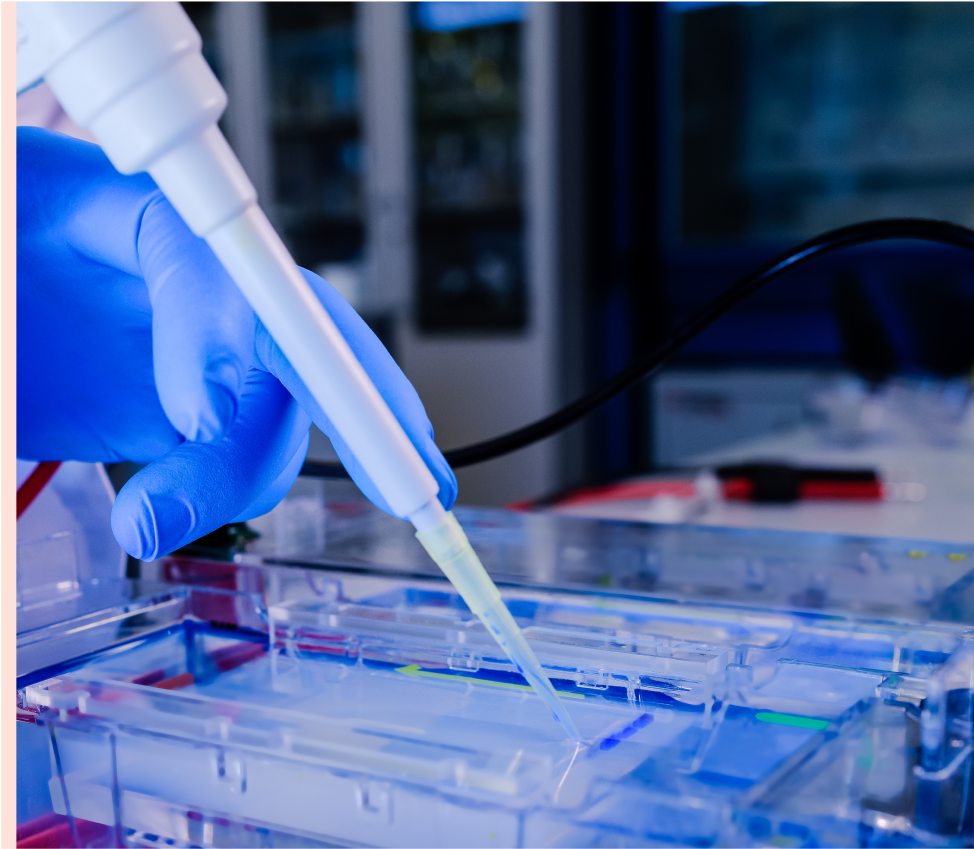
-
-
Human Whole Genome Sequencing
-
Plant Whole Genome Sequencing
-
Animal Whole Genome Sequencing
-
Microbial Whole Genome Sequencing
-
-
-
Whole Exome Sequencing
-
Clinical Exome Sequencing
-
-
-
Microbial Denovo Assembly
-
Animal Denovo Assembly
-
Plant Denovo Assembly
-
Human Whole Genome Sequencing
Human whole genome sequencing (hWGS) helps to uncover the complete genetic blueprint of individuals, enabling the identification of all genetic variations in a single assay. At , we provide comprehensive bioinformatics solutions for your hWGS projects.

Plant Whole Genome Sequencing
Plant whole genome resequencing offers a comprehensive and high-resolution view of genetic variations and changes within plant species, enabling the identification of single nucleotide polymorphisms (SNPs), structural variations, and genomic rearrangements. This advanced approach provides valuable insights into plant evolution, diversity, breeding, and adaptation, fostering advancements in crop improvement, conservation biology, and understanding the genetic basis of complex traits in plants.
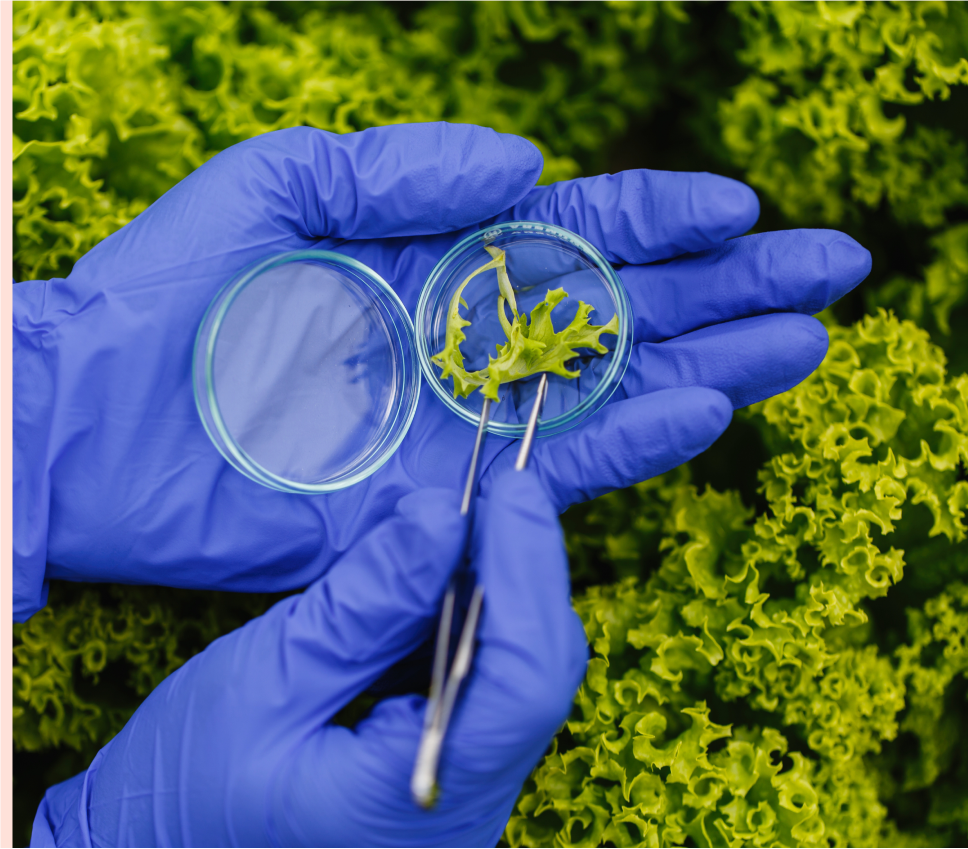
Animal Whole Genome Sequencing
Animal whole genome resequencing provides a comprehensive assessment of genetic variations and changes within animal populations, offering valuable insights into their evolutionary history, genetic diversity, and the genetic basis of phenotypic traits. This high-throughput approach facilitates in-depth studies on population genetics, comparative genomics, and the identification of genetic markers associated with important traits, contributing to advancements in animal breeding, conservation, and understanding of complex genetic traits in animals.
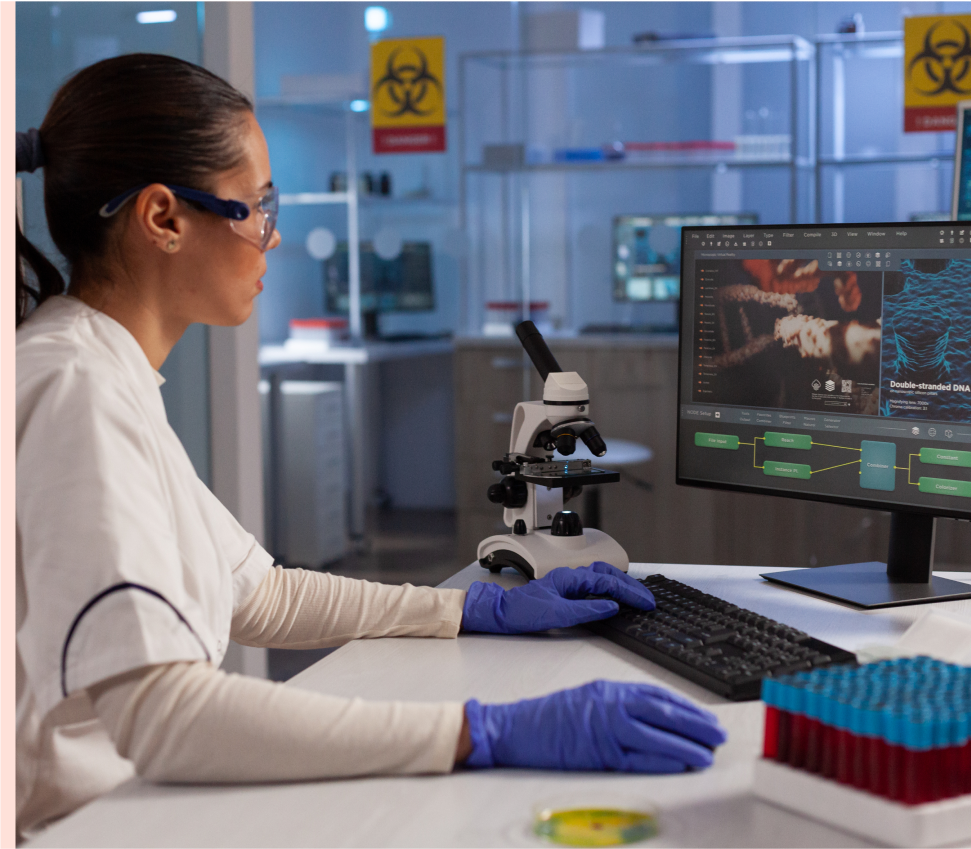
Microbial Whole Genome Sequencing
Microbial whole genome resequencing provides a powerful approach to investigate genetic variations and changes within microbial populations, allowing for the identification of genomic differences, such as single nucleotide polymorphisms (SNPs) and structural variations, among related strains or over time. This high-resolution analysis enables a deeper understanding of microbial evolution, population dynamics, and the genetic basis of phenotypic traits, supporting advancements in fields like microbiome research, antimicrobial resistance surveillance, and microbial ecology.

Whole Exome Sequencing
Whole exome sequencing is a high-throughput genomic approach that selectively captures and sequences the protein-coding regions, or exons, of the genome, enabling the comprehensive analysis of all protein-coding regions and serves as an cost-effective alternative to whole genome sequencing. By focusing on the exome, this technique allows for the identification of both common and rare genetic variants, providing valuable insights into disease-causing mutations and facilitating the study of Mendelian disorders, cancer genomics, and complex disease genetics.

Clinical Exome Sequencing
Clinical exome sequencing is a diagnostic genetic test that focuses on sequencing the protein-coding regions of the genome (~1% of the human genome), providing valuable insights into potential disease-causing mutations (85% of known disease-causing variants) in patients with suspected genetic disorders. This targeted approach allows for the identification of rare and de novo variants in genes associated with specific phenotypes, aiding in the diagnosis of complex genetic diseases and guiding personalized treatment decisions.

Microbial Denovo Assembly
Using De novo sequencing we assemble and generate an initial genomic sequence of a particular organism without a reference sequence and obtain the genome sequence map of the species. Genomic information about microbes obtained by de novo assembly helps us in exploring the genetic structure and functions, studying the evolutionary origin of microbial populations, as well as developing potential applications of these abundant microbes in medicine, disease, agriculture, and the environment.

Animal Denovo Assembly
Using De novo sequencing we assemble and generate an initial genomic sequence of a particular organism without a reference sequence. de novo sequencing helps us identify and understand complex genomic variations such as Indel, CNV, and SV. It is also very useful in other studies such as in evolutionary and demographic history, agricultural breeding, and genetic variations calling.

Plant Denovo Assembly
Using De novo sequencing we assemble and generate an initial genomic sequence of a particular organism without a reference sequence. de novo sequencing helps us identify and understand complex genomic variations such as Indel, CNV, and SV. It is also very useful in other studies such as in evolutionary and demographic history, agricultural breeding, and genetic variations calling.

Whole Metagenome Analysis
Whole metagenome sequencing and analysis involves sequencing and analyzing all the genetic material present in a microbial community (shotgun sequencing), providing a comprehensive view of the collective genomes and functional potential of the microorganisms. By employing high-throughput sequencing and bioinformatics tools, this approach enables the identification of individual microbial species, functional gene annotation, and the exploration of microbial diversity, community dynamics, and functional interactions within complex ecosystems.

16s/18s/ITS rRNA Based Metagenome Analysis
Targeted metagenome sequencing and analysis, focuses on sequencing specific genetic regions of interest within a microbial community, such as marker genes (E.g., 16S rRNA gene for bacterial community analysis or the ITS region for fungal community) or functional gene panels. These target regions are PCR amplified, followed by high-throughput sequencing and analysis. This targeted approach allows for a deeper investigation of specific microbial taxa, genes, or functional pathways of interest. By leveraging selective sequencing and analysis, targeted metagenome sequencing provides a cost-effective and efficient means to assess the abundance, diversity, and functional potential of specific microbial groups or functional pathways within the complex microbial community.

-
ChIP Sequencing Analysis
ChIP Sequencing Analysis
ChIP sequencing analysis, also known as ChIP-seq analysis, is a powerful genomics technique that combines chromatin immunoprecipitation (ChIP) with high-throughput sequencing to identify DNA-binding sites of specific proteins or histone modifications. This analysis enables the mapping of protein-DNA interactions on a genome-wide scale, providing valuable insights into gene regulation, transcription factor binding, epigenetic modifications, and chromatin structure in various biological processes and diseases.
